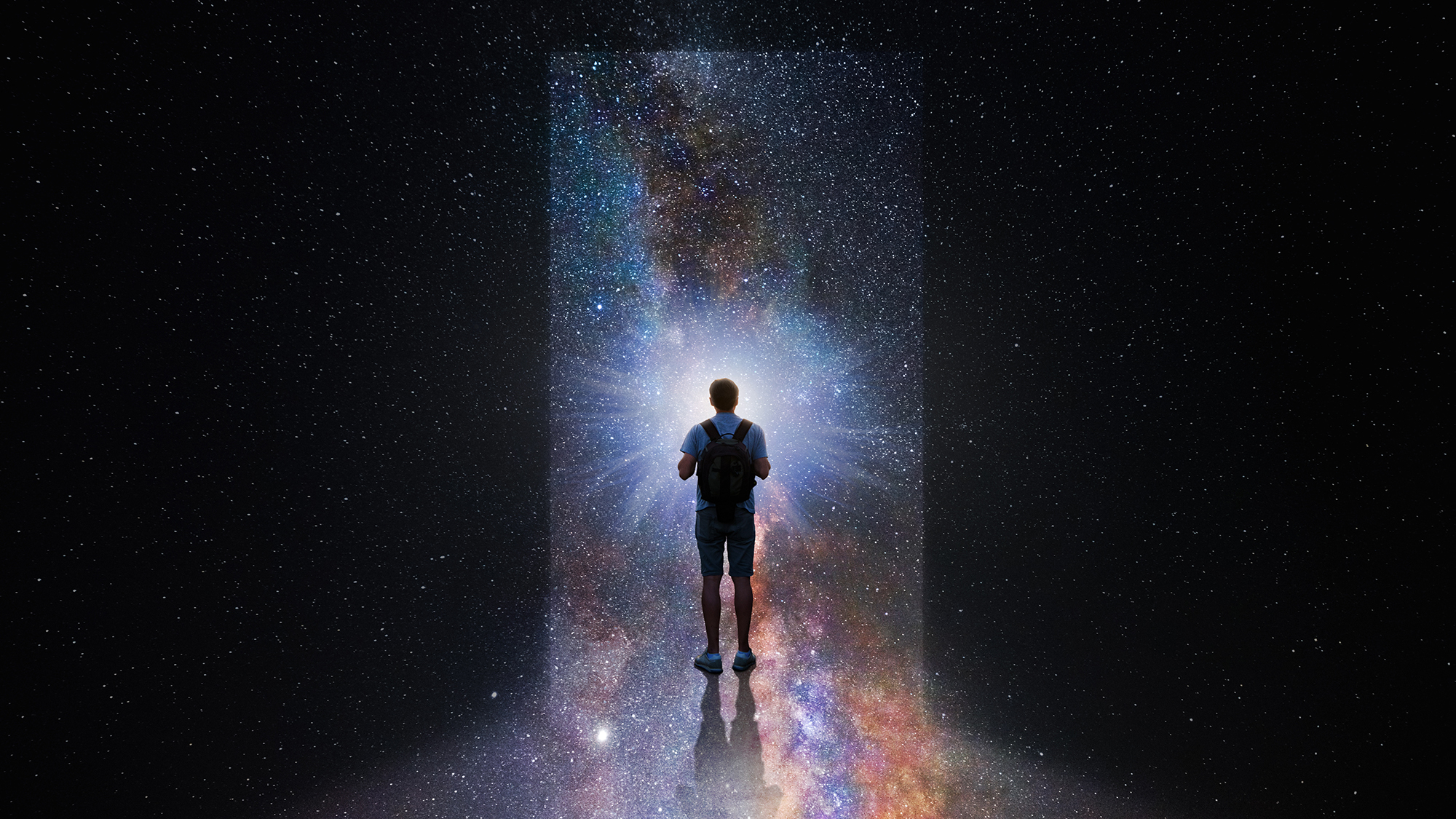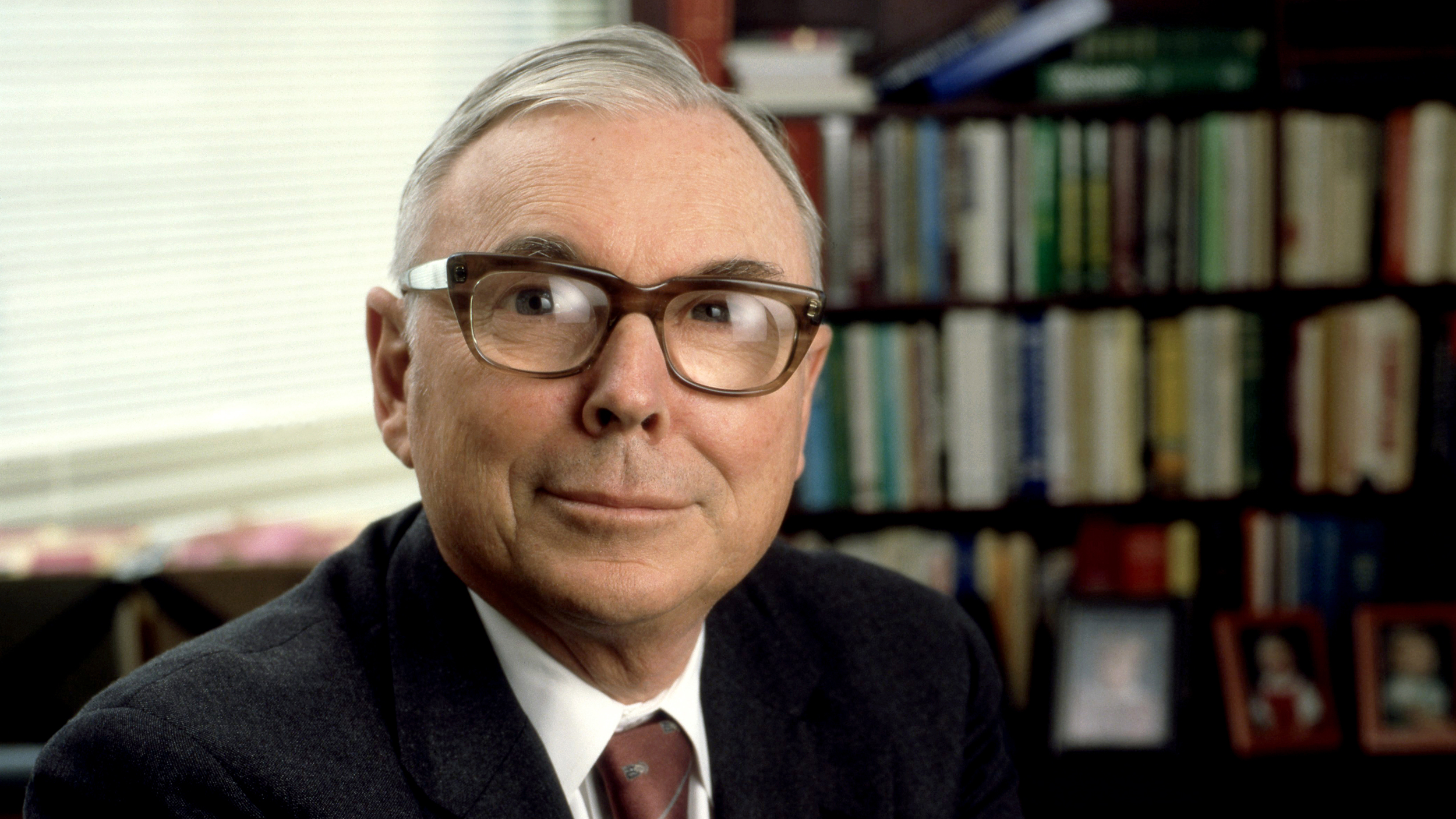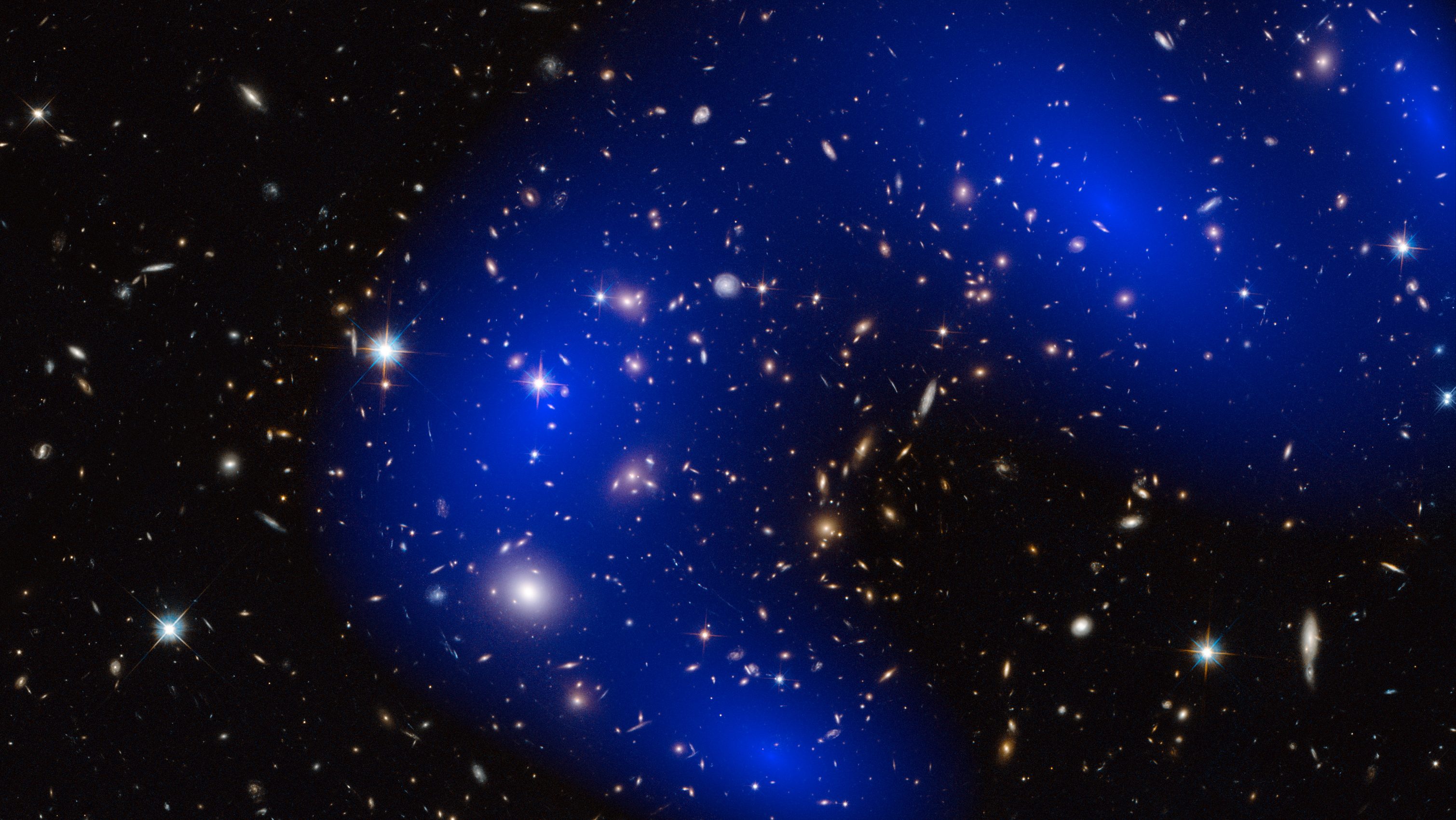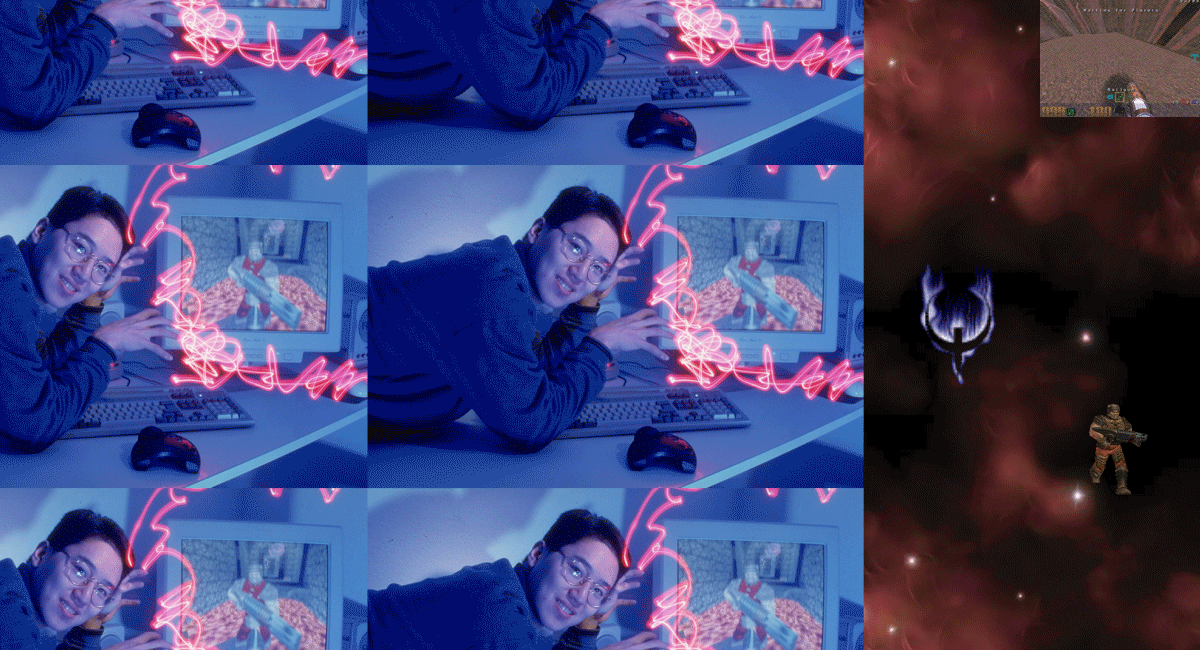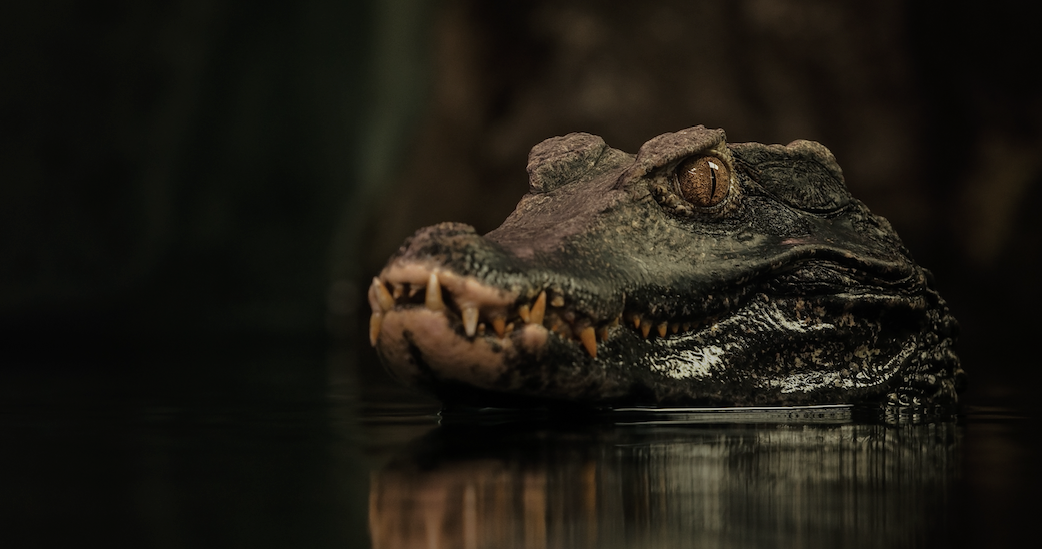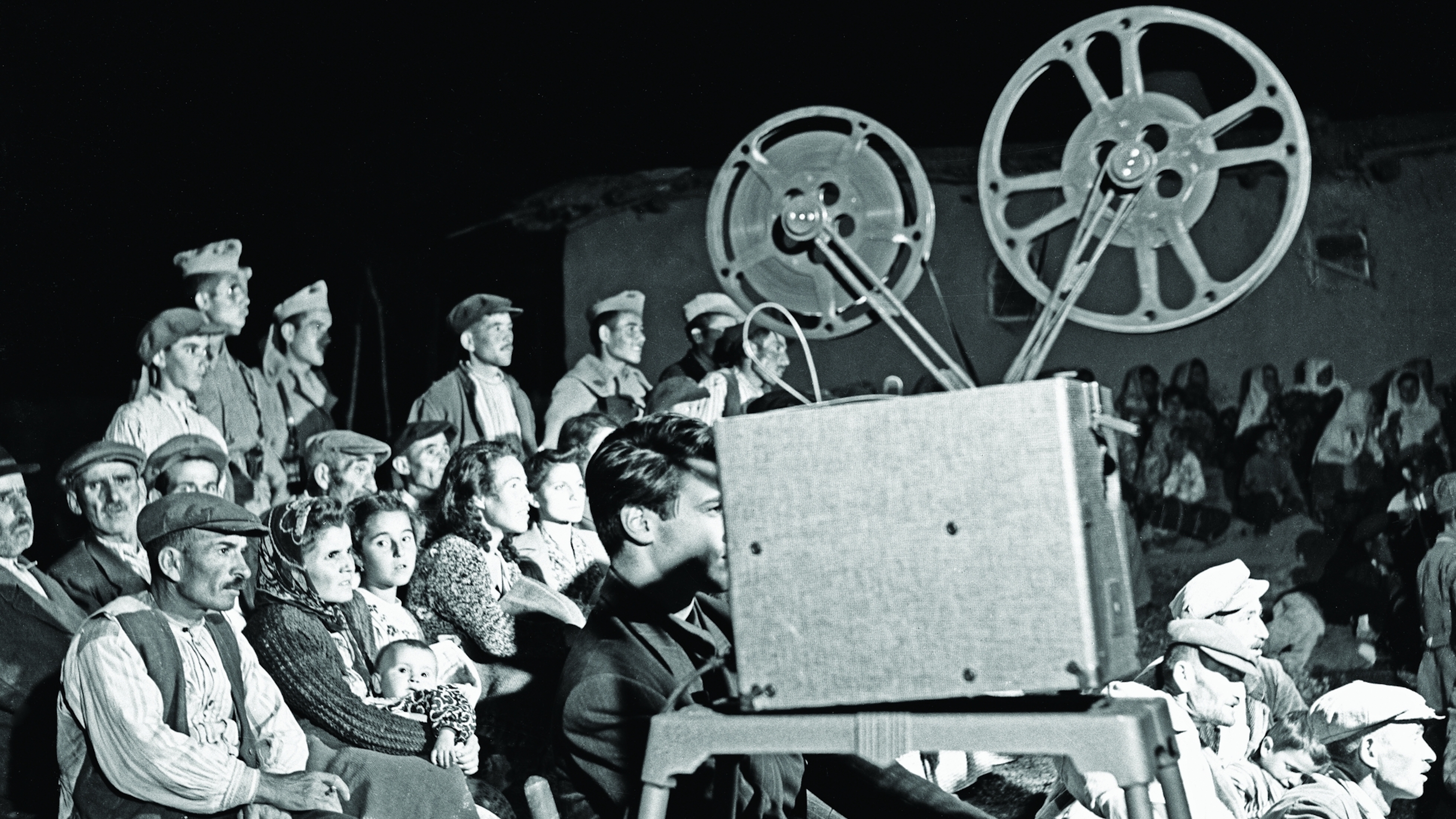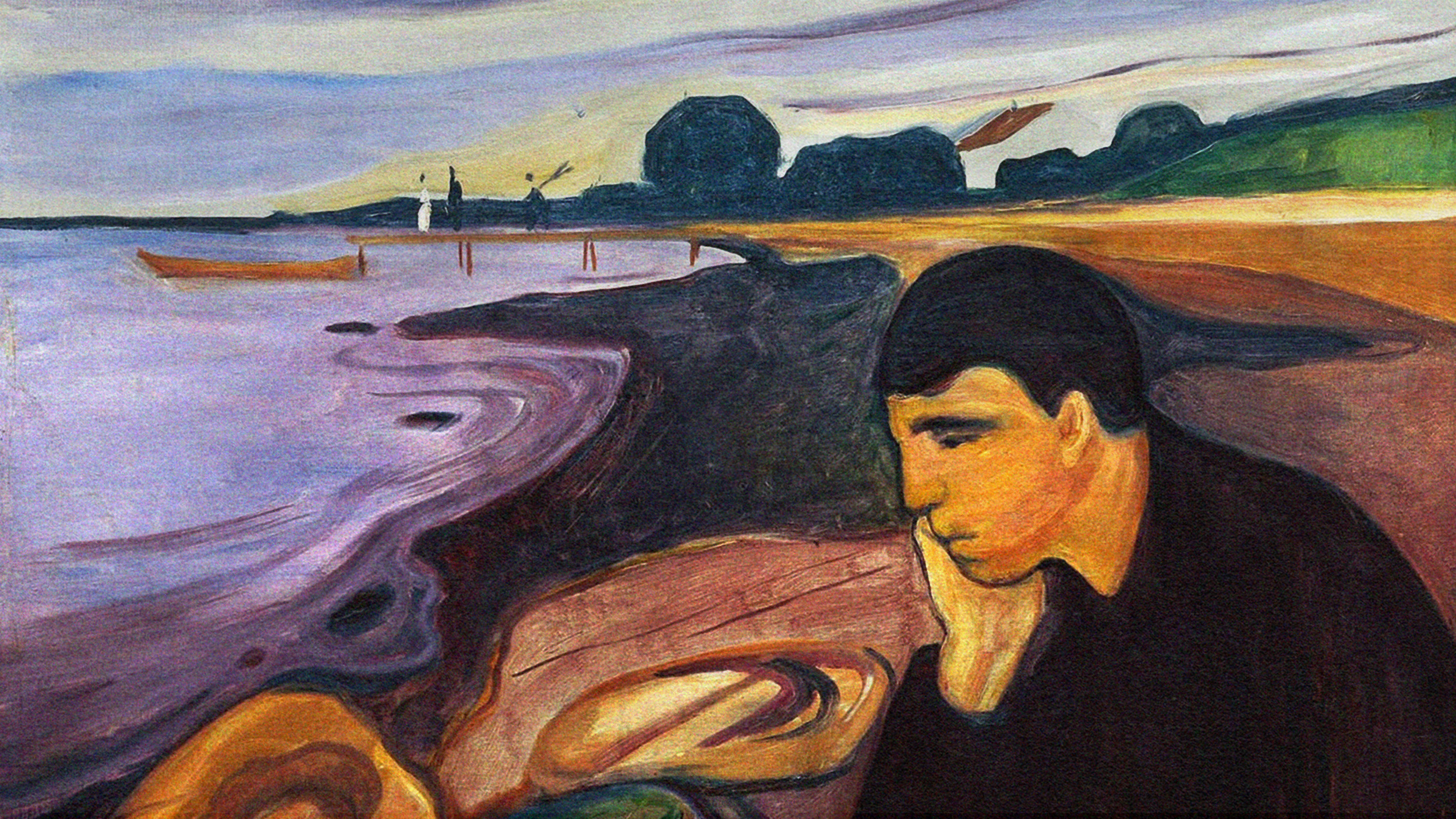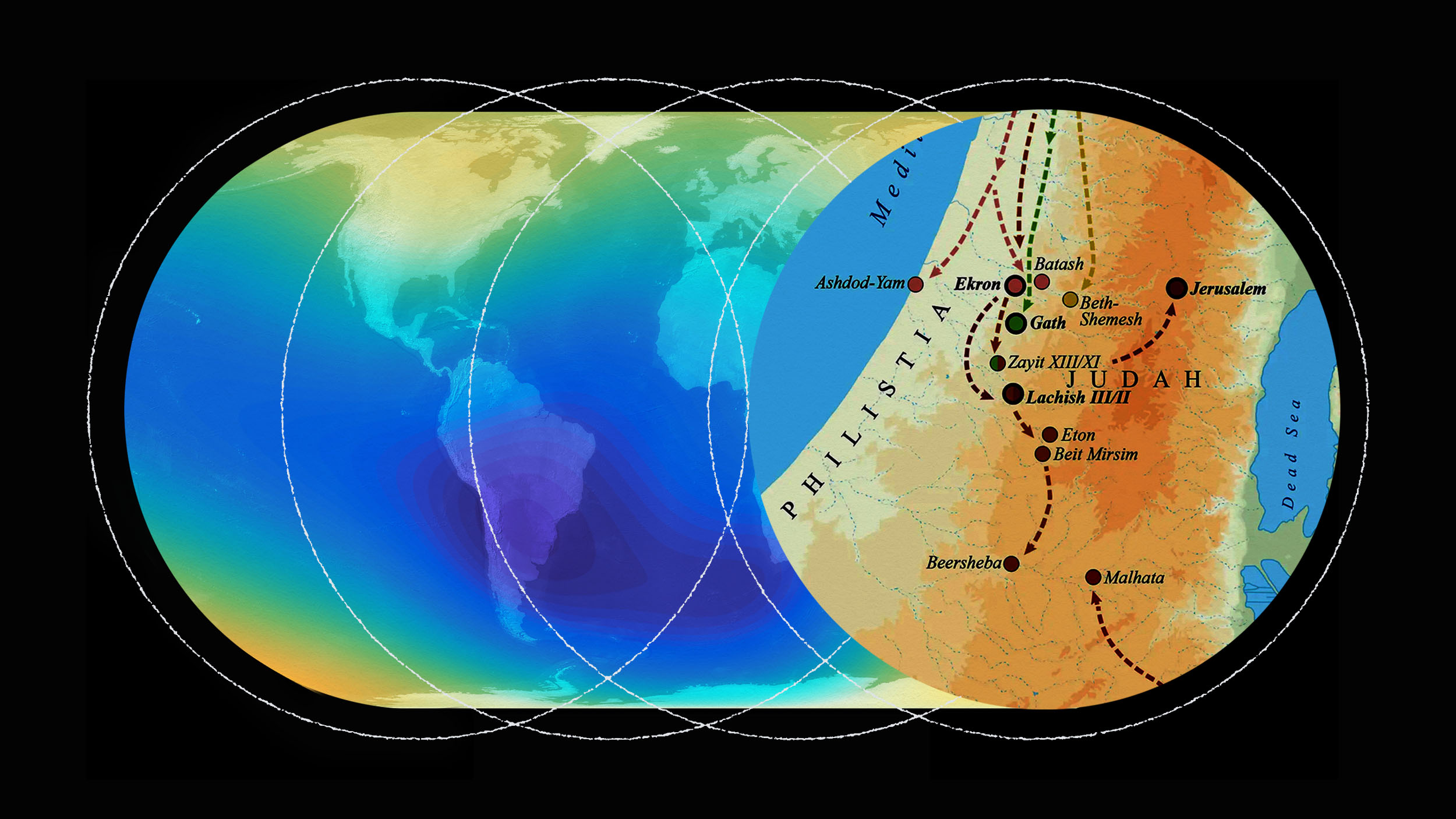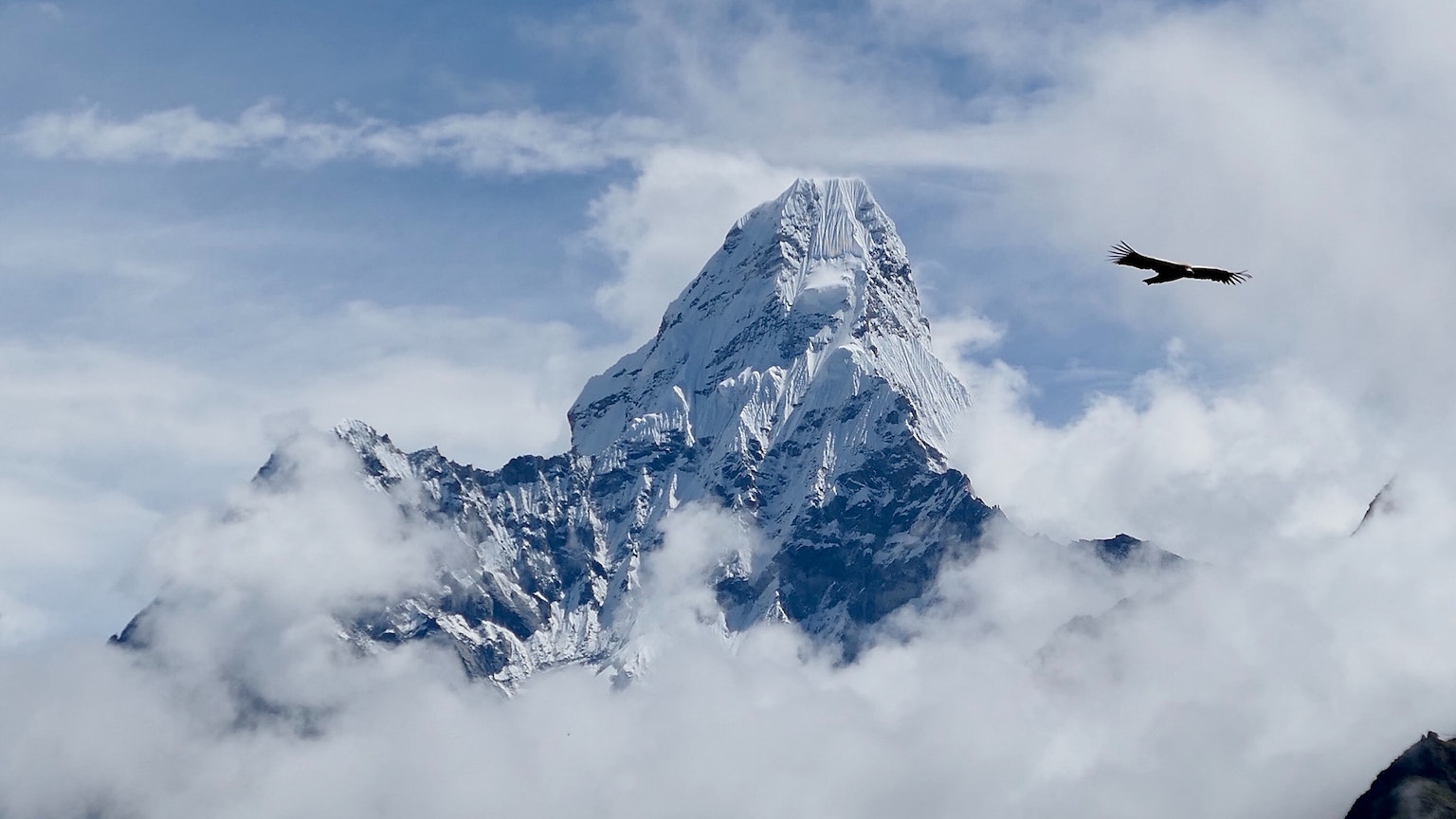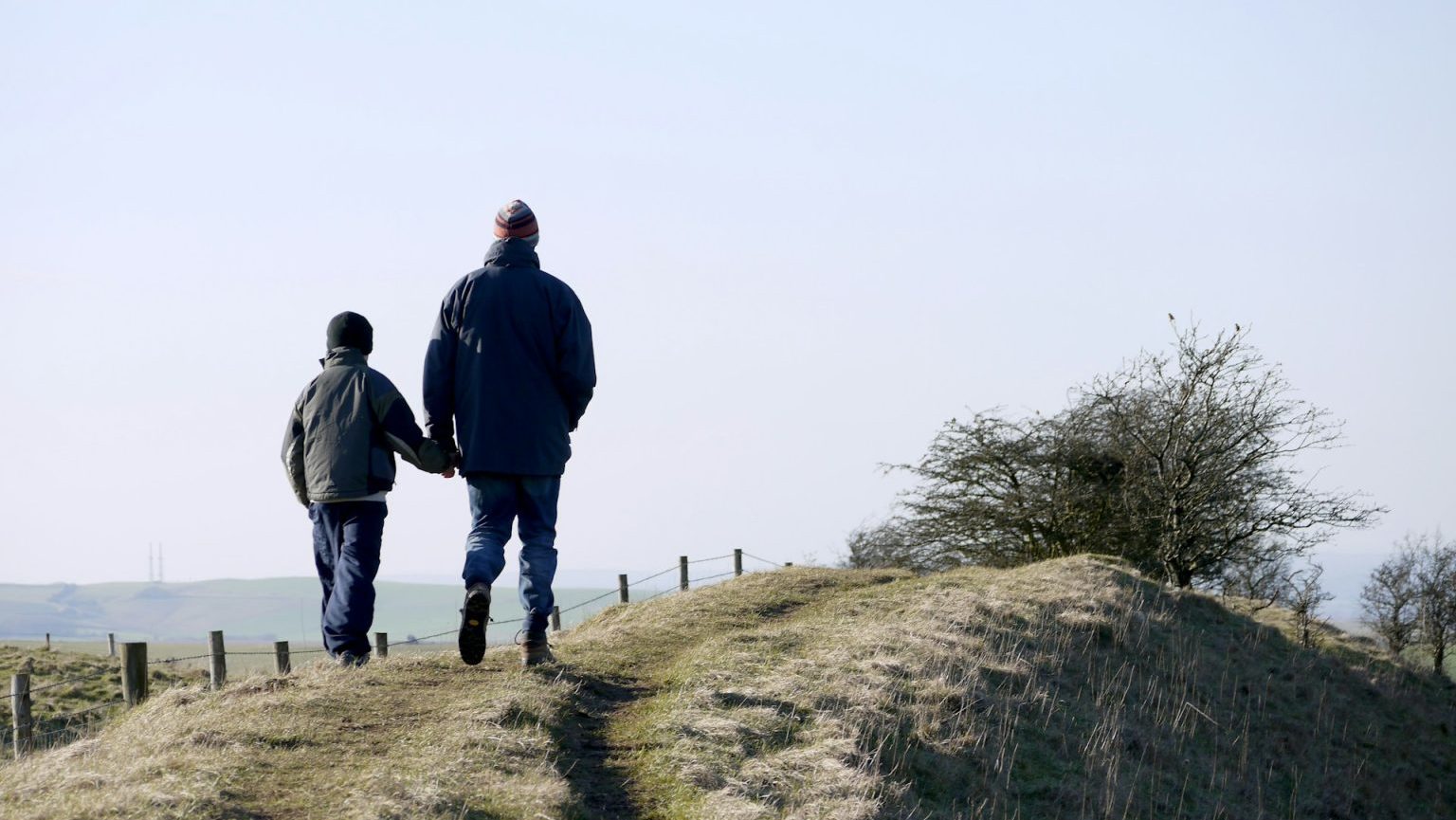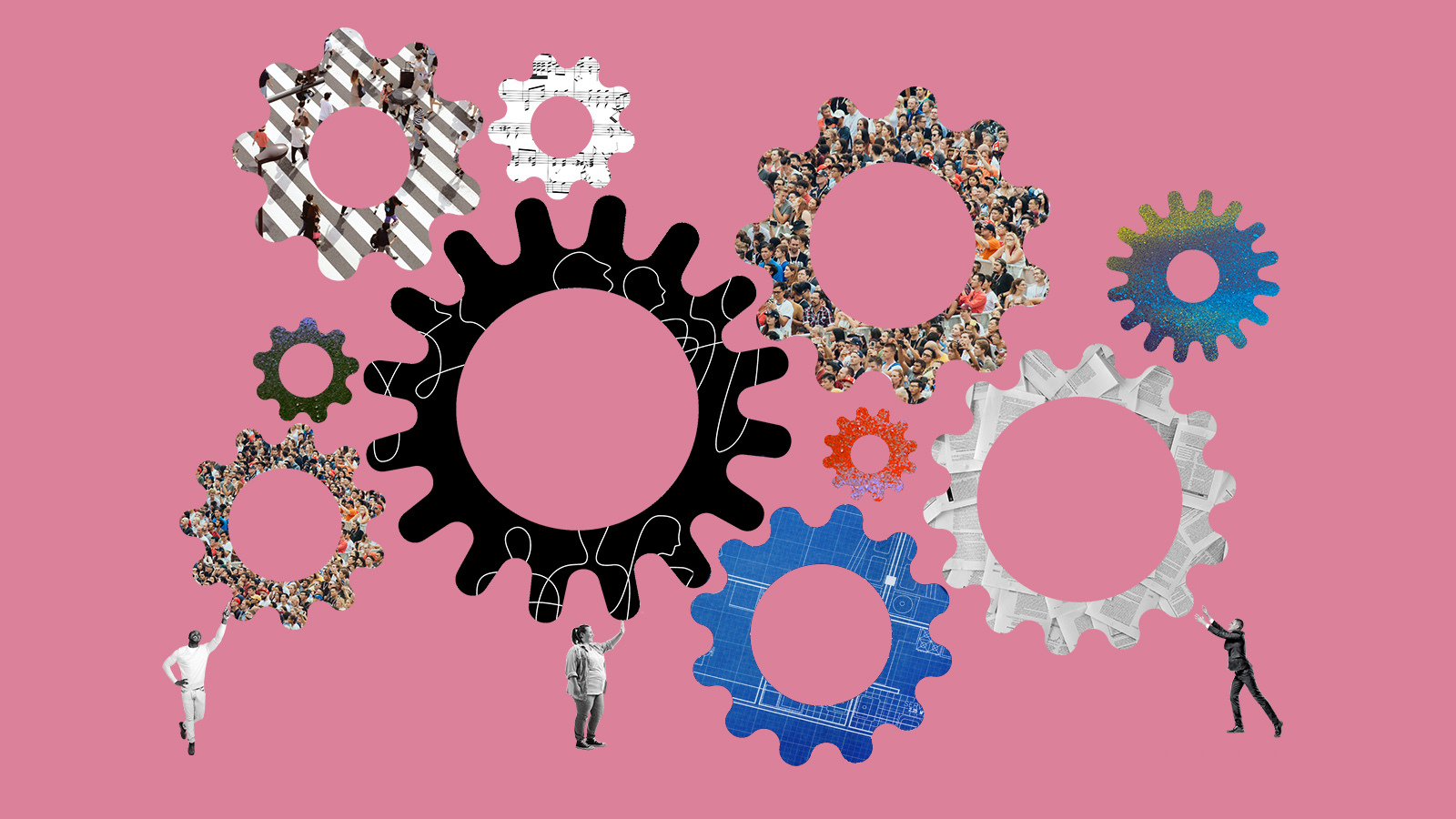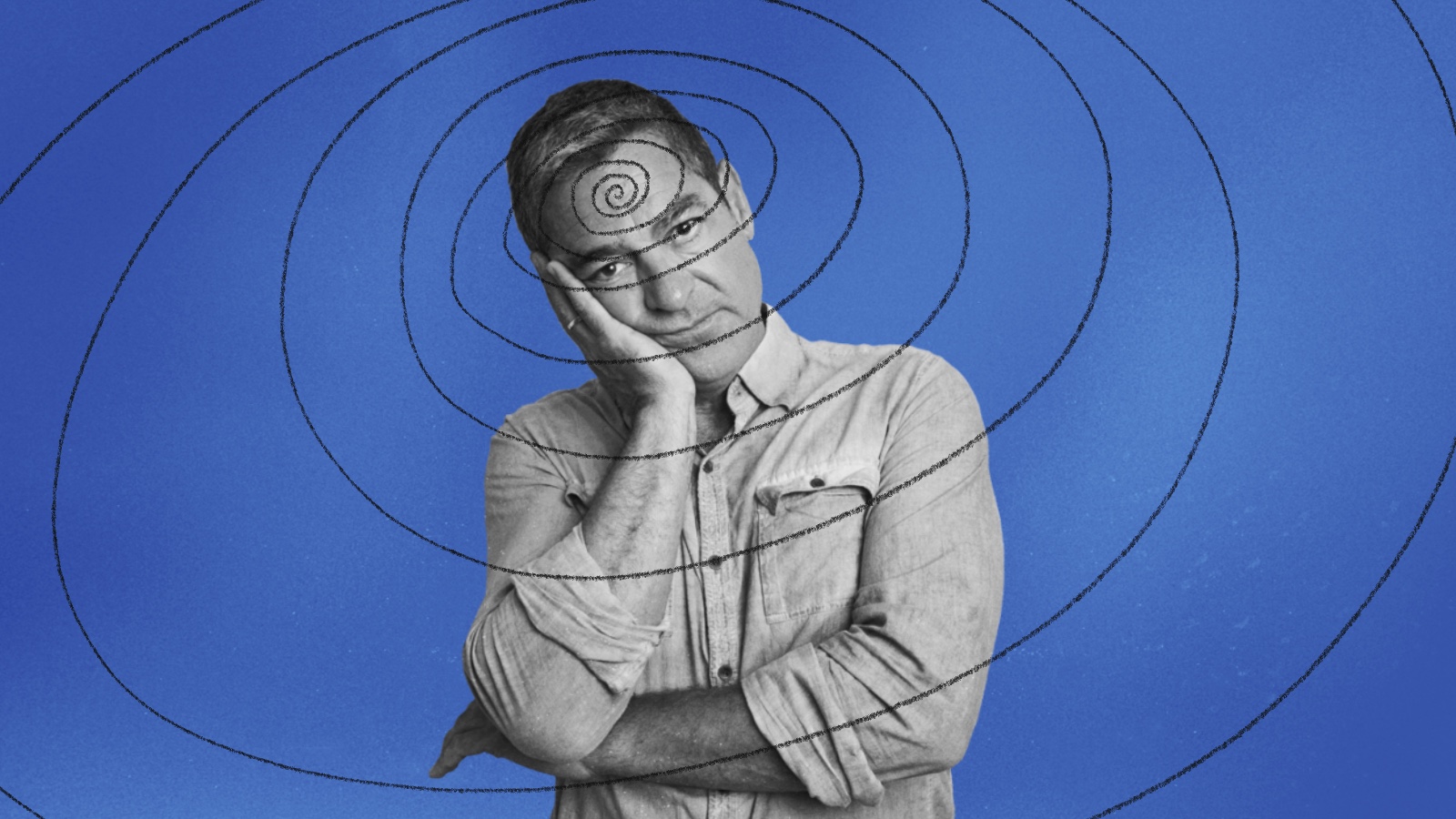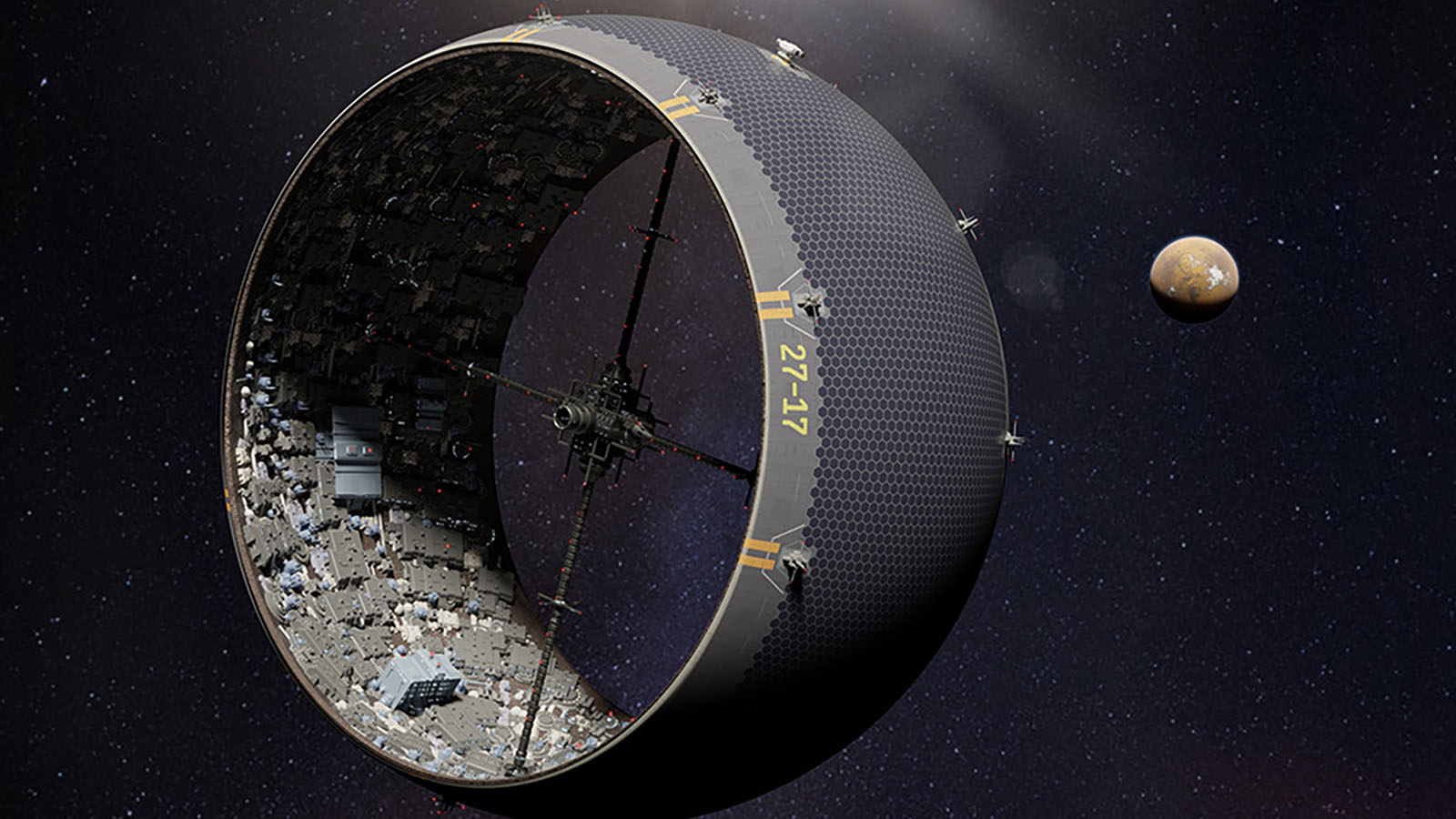We all see beauty the same way.
Search Results
You searched for: Big Think
The Universe is grand, awe-inspiring, and greater than we likely imagine. Even astrophysicists get anxious thinking about it, but we cope.
A curated list of must-watch films from Big Think readers.
It’s been 65 years since Richard Feynman saw “plenty of room” in the nano-world. Are we finally getting down there?
According to the legendary investor, the best method is a blueprint for “extreme success.”
Volcanologists warn that magma-filled vents evolve over time, leading to an underestimation of the number that might erupt — especially those capable of the biggest explosions
“We can build AI scientists that are better than we are… these systems can be superhuman,” says the FutureHouse co-founder.
There are a wide variety of theoretical studies that call our Standard Model of cosmology into question. Here’s what they really mean.
Dennis “Thresh” Fong talks to us about battling Elon Musk in Quake in the ‘90s, his undefeated record as a pro gamer, and using AI to detoxify gaming.
The Multiverse fuels some of the 21st century’s best fiction stories. But its supporting pillars are on extremely stable scientific footing.
Televising the coronation was thought to be an affront to the dignity of the event.
From crocodiles to birds, certain animals managed to survive some of the worst extinction events in world history.
Media provocateurs and conspiracy theorists insist that they’re “just asking questions.” No, they aren’t.
Contrary to popular research, people with more money are happier, but it’s their spending habits, not their account balances, that move the dial.
We all spend way too much time worrying what other people think of us — it’s time to cut loose.
Six visionary science fiction authors on the social impact of their work.
While weltschmerz — literally “world-pain” — may be unpleasant, it can also spur us to change things for the better.
When battles raged in ancient cities, their rocks blazed so brightly that they could be reoriented according to Earth’s magnetic field.
A prolonged strike could cost the economy between $500 million to $4.5 billion per day.
Creativity and achievement require balancing hard work with the restful power of calm.
Gigantic ranges called “supermountains” formed twice in Earth’s history, and they may have had a profound influence on evolutionary history.
Welcome to The Nightcrawler — a weekly newsletter from Eric Markowitz covering tech, innovation, and long-term thinking.
“Why are you unhappy? Because 99.9 percent of everything you think, and of everything you do, is for yourself — and there isn’t one.”
Hang on to something — or ride the wave — because three big tech trends are about to converge.
A researcher weighs in on who’s accountable, when and why, in the eyes of the law — and whether the measures work as intended.
If you ask your maps app to find “restaurants that aren’t McDonald’s,” you won’t like the result.
Soft skills training can help develop transformation-ready employees and equip entire organizations to adapt to an unpredictable future.
Boredom isn’t the enemy; it’s a catalyst for changing your relationship to work.
The authors call it “wildly theoretical” — but let’s take a look, anyway.

